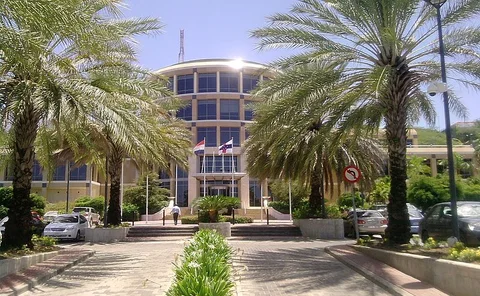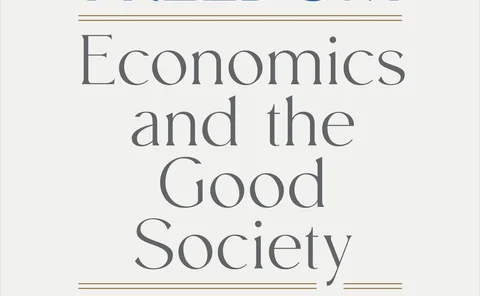Regulation
Barr defends easing of Basel III endgame proposal
Fed’s top regulator says he will stay and finish the package, is comfortable with capital impact
Policy analysis takes most of PhD economists’ time
Other tasks consume just a quarter of their official hours
The GFXC chair on the next steps for the FX global code
Global FX Committee chair Gerardo García speaks with Christopher Jeffery about updating FX best practice, improving buy-side engagement and revising settlement risk estimates in the BIS’s triennial survey
Bank of England to review UK clearing rules
Broader collateral set and greater margin transparency could be adopted from Emir 3.0, but not active accounts requirement
Economists’ median salary falls below $30,000 a year
Annual budget of economics departments averages under $1 million
Securing sound deposit protection in East Africa
There is a need to revisit legal frameworks to adopt risk-adjusted premium regimes and establish more comprehensive deposit insurance systems in the East African Community, write Gilbert Nyatanyi and Gloria Tengera
Central banks to maintain independence despite threats – panel
Top central bankers discuss Trump, AI and why they plan to ignore IMF on rate cuts
Implementation of regulatory reforms ‘uneven’, says FSB
Annual report reviews efforts over past year to adopt Basel III and tackle risks in non-bank sector
Policy economists outnumber research colleagues
Economics FTE staff make up 4% of central banks’ overall employees, on average
Economics teams tend to be tailored by institution
But hub and spoke model is prevalent among high income respondents
Regtech and suptech in central banks: 2024 survey
These technologies enable the identification and swift resolution of emerging issues, as well as preventative action, this survey indicates
Survey results: global trends in regtech and suptech for central banks
As regulatory reporting challenges continue to mount, central banks are increasingly adapting their internal systems to provide stronger supervision capabilities – specifically by adopting regtech and suptech solutions.
Book notes: The bankers’ new clothes, second edition, by Anat Admati and Martin Hellwig
A disjointed book where ‘I told you so’ new chapters add little to the excellent original analysis
Curaçao and Sint Maarten announces Ennia restructure
Central bank to move insurer’s liabilities into new entity along with operational assets
E-krona adviser on offline trials, legislative changes and rollouts of CBDCs
Sveriges Riksbank’s Johan Schmalholz speaks about latest CBDC developments on sidelines of Central Banking’s Windsor training series
Book notes: The road to freedom: economics and the good society, Joseph E Stiglitz
A stimulating amalgamation of previous ideas presenting the kind of economic system most conducive to decent society
What Goldman’s appeal victory means for Fed stress tests
Decision could embolden more banks to appeal, analysts say. But others believe result is one-off
Smaller banknote denominations have shorter lifespan
High income central banks produce longer-lasting cash
Crashing the nth party: how third-party service provider risks compound
Cross-border collaboration may help deal with risks from multiple layers of outsourcing
Middle income central banks see largest volume of counterfeit notes
Foil remains least used security feature for banknote production
Three-quarters of UK financial firms use AI – BoE’s Breeden
Deputy governor previews survey result in speech on AI’s financial stability risks
Majority of central banks have emergency cash inventory
But few respondents say they have alternative strategies in place
Half of central banks recycle banknotes as sustainability measure
Most currency operations lack climate strategy, but a few plan to launch one
Combining central banking orthodoxy with innovation
Sergiy Nikolaychuk argues the future of central banking centres on adaptability as well as independence

















